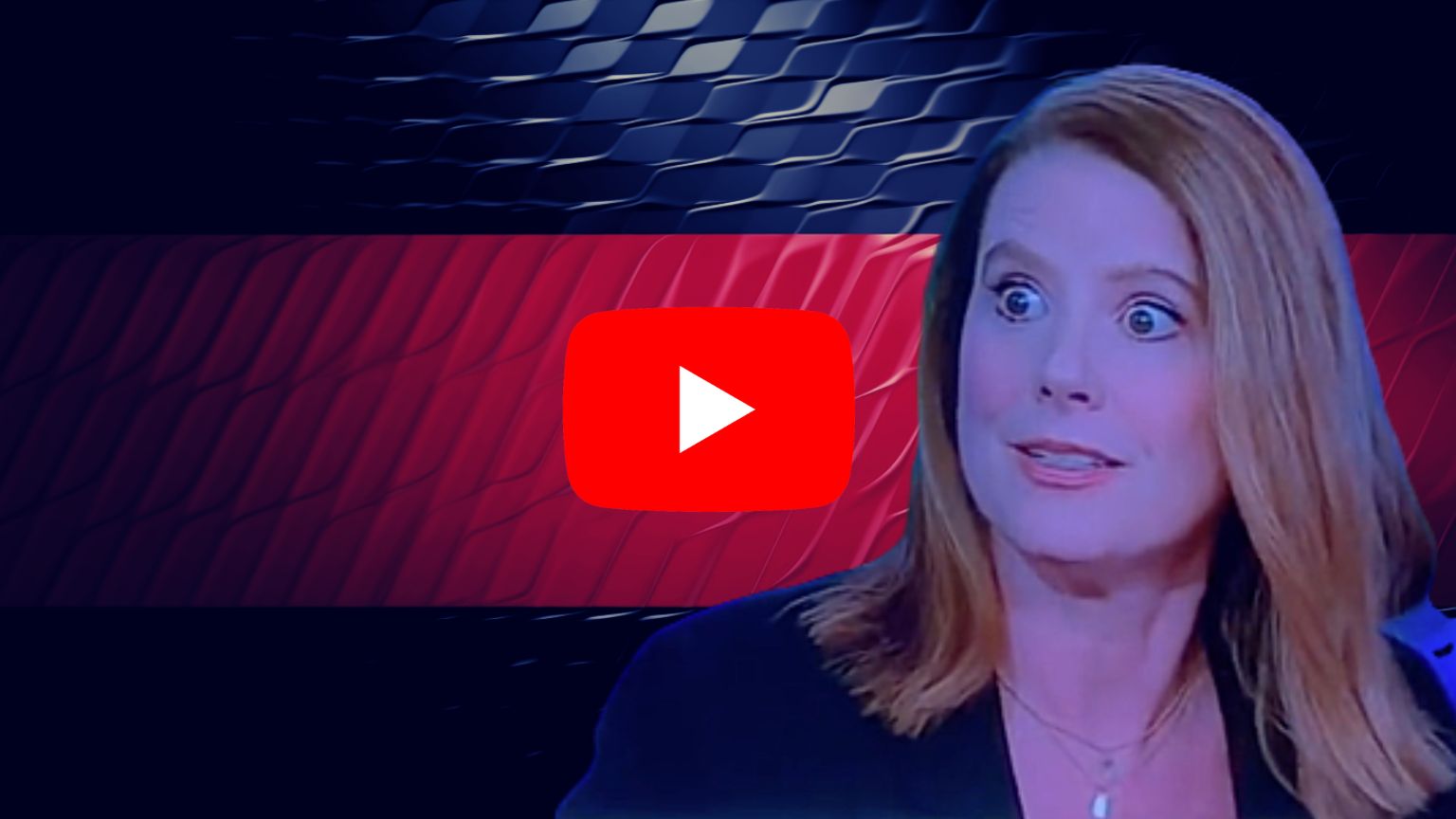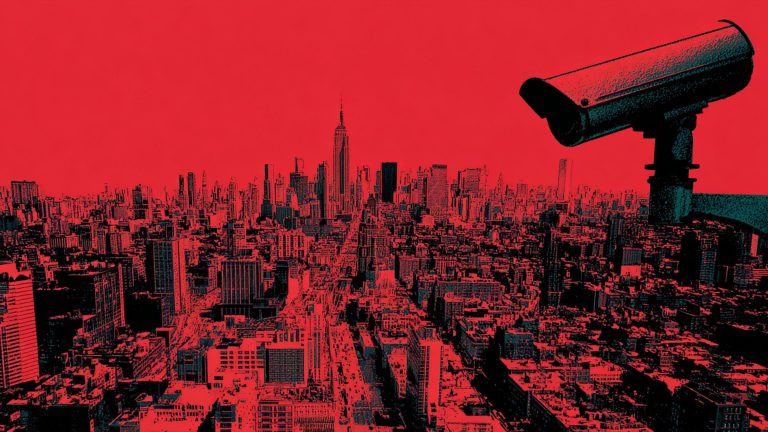While discussing YouTube’s decision to abandon the policy to ban election “misinformation,” CNN analyst Kirsten Powers, who claims to be a free speech supporter, suggested that if Big Tech platforms are banning what Republicans say, maybe they just shouldn’t say it.
“If there is some sort of huge riot, then the first platform that’s going to move, which is YouTube, is the one that we’re going to look at and say, ‘What did we do here?’” CNN analyst Sara Fischer asked during the discussion.
“Yes. But they can’t put the genie back in the bottle,” Powers replied.
“Once it’s out, it’s out there. And so, if the problem is that, ‘Oh, people aren’t going to be able to upload things that Republicans are saying,’ maybe Republicans should stop saying it, right? Is that not the solution to the problem? So, I think that — look, I support free speech, and I don’t think we want to silence political speech. But this company does have responsibility. And that’s not a violation of free speech to say, ‘We’re not going to allow you to upload information that is demonstrably false,’” she added.
source: CNN, clipped by @a_newsman.
The comments were odd coming from someone who once authored a book titled: “The Silencing: How the Left is Killing Free Speech.”
YouTube last week abandoned the election misinformation policy, which started an aggressive crackdown on alleged election misinformation about the presidential election in 2020.
“The ability to openly debate political ideas, even those that are controversial or based on disproven assumptions, is core to a functioning democratic society—especially in the midst of election season,” YouTube wrote in a blog post announcing the turnaround.
With the policy, YouTube did not differentiate content that made the claims from content reporting on what other public figures had said – doing extensive damage to independent reporters and reporting on the platform.
By abandoning the policy, YouTube appears to be admitting that the policy had unintended consequences.
“In the current environment, we find that while removing this content does curb some misinformation, it could also have the unintended effect of curtailing political speech without meaningfully reducing the risk of violence or other real-world harm,” YouTube wrote in the blog post.








